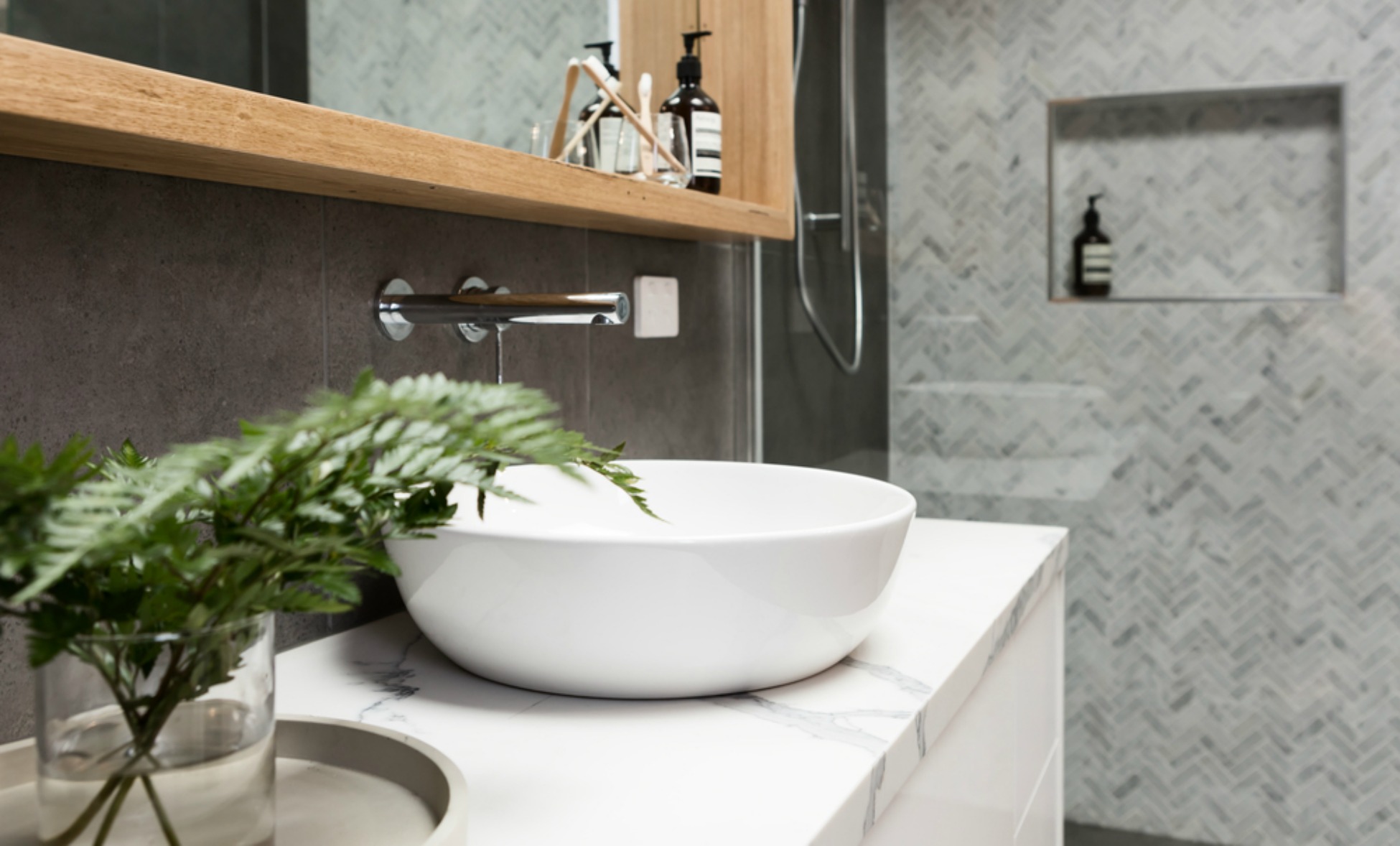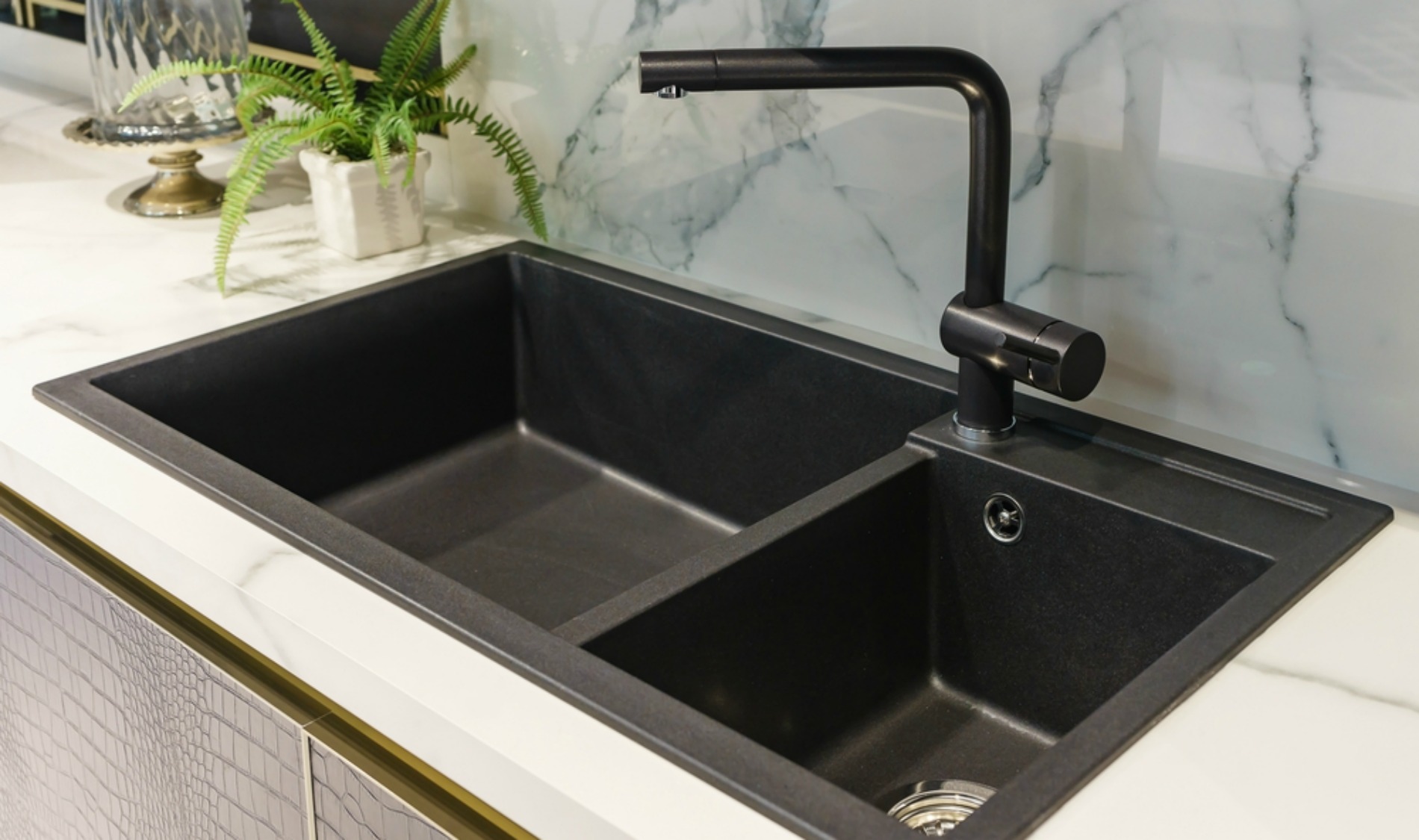There are a lot of tasks you shouldn’t DIY in your bathroom renovation. I’m going to share the most common questions I’ve been asked and the correct action to take.
When a bathroom renovation is on the agenda, it’s quite tempting to do all the things yourself to save some money. However, some parts of the renovation should be left to the professionals as they can be costly to fix if not done right the first time.
4 Things You Shouldn’t DIY in Your Bathroom Renovation
It’s important to engage with licensed and specialised trades for these 4 installations.
Disconnecting waste and water from fixtures during demolition
If you’re preparing your bathroom for a renovation, disconnecting the waste and water from the existing fixtures may be a harmless thing to do.
But this should be done by a plumber.
A plumber will isolate the services before disconnecting. A common step sometimes forgotten by the homeowner.
You won’t be covered by home insurance if you forget to isolate the water from the fixture you’re removing.
It can also be difficult to remove waste connections (toilets) and not cause damage to the outlet that may be needed for a reconnection.
Often, the builder will demolish the bathroom and remove the fixtures.
However, one builder did this and forgot to isolate the water.
When they disconnected the basin mixer, water not only flooded the bathroom, but caused significant damage to other areas of the house which weren’t in the scope of works.
When it came time to claim on their insurance for the damages, it wasn’t paid out because the builder engaged in works they were not licensed to do.
Action: Organise a plumber to disconnect the fixtures for you. You can isolate the water to your property so the site is ready for the plumber to disconnect and cap the services.
Organise an electrician to isolate power too. Once the services are isolated, you can work with your builder to remove tiles, walls and debris from the site.
Connecting fixtures to different plumbing waste points
To save money on a renovation, it’s recommended to keep plumbing in the same position. This can be cost and time-effective because the plumbing is already in place.
If you choose to create a different layout, please involve your plumber to know what can and can’t be connected to which waste.
The wastes to various fixtures vary in diameter. A licensed plumber will ensure the correct wastes are connected to the right fixtures.
Action: When connecting fixtures to existing plumbing wastes, replace with the same fixture. Only a licensed plumber should be installing your fixtures.
DIY Waterproofing
There are waterproofing products available from hardware stores which profess to waterproof your bathroom for a fraction of the cost and time.
If it sounds cheap, it probably is, and you don’t want to be cutting corners when waterproofing a bathroom.
Moisture in the bathroom can cause significant structural damage, attract termites and it can cause health issues with mould growth.
Waterproofing should not be done by an unlicensed Waterproofer.
Action: Get your builder to organise the waterproofing in your bathroom and ensure you get the waterproofing certification.
Redirecting water lines
Redirecting water lines to reconfigure the bathroom layout must be done by a licensed plumber.
It’s an easy mistake to cross connect water lines and damage a shower combination.
It’s a costly mistake to run water lines to a shower, have the walls sheeted, waterproofed and tiled to find the water was connected to the wrong side – or no water connected at all.
Actions: All water lines must be installed by a plumber. They should also be tested by a plumber before walls are sheeted. It can be a costly exercise to demolish your new bathroom because the water wasn’t connected correctly.
Can you suggest other tasks you shouldn’t DIY in your bathroom renovation?
If you want to know what plumbing you can do at your home check out this post:








